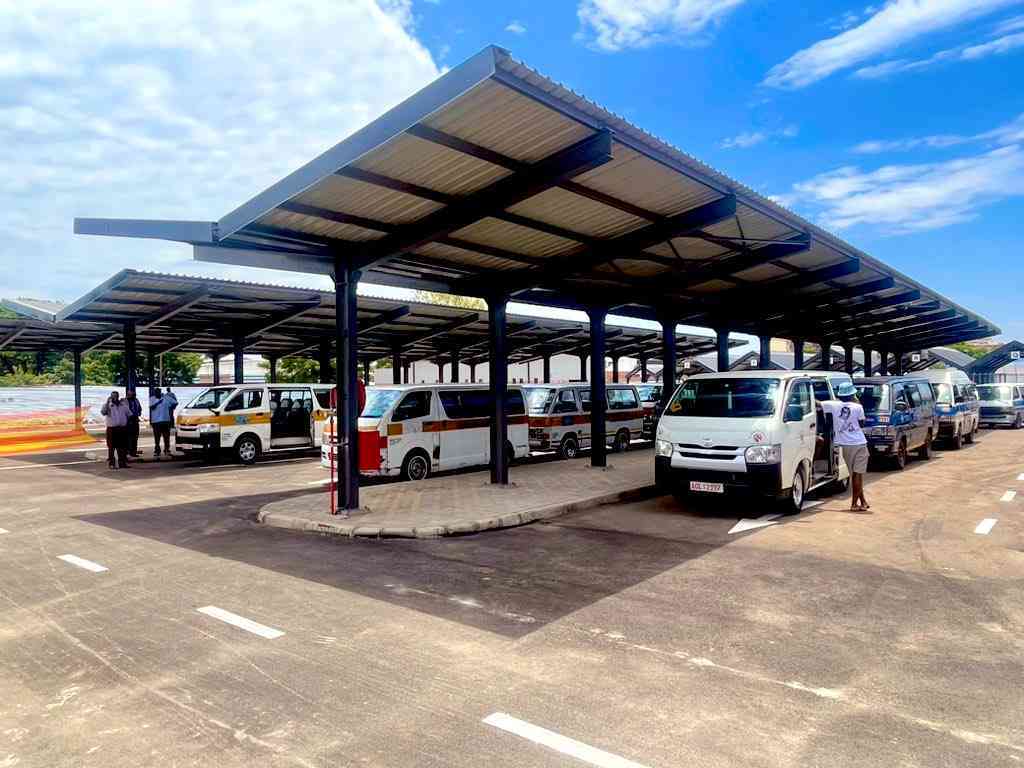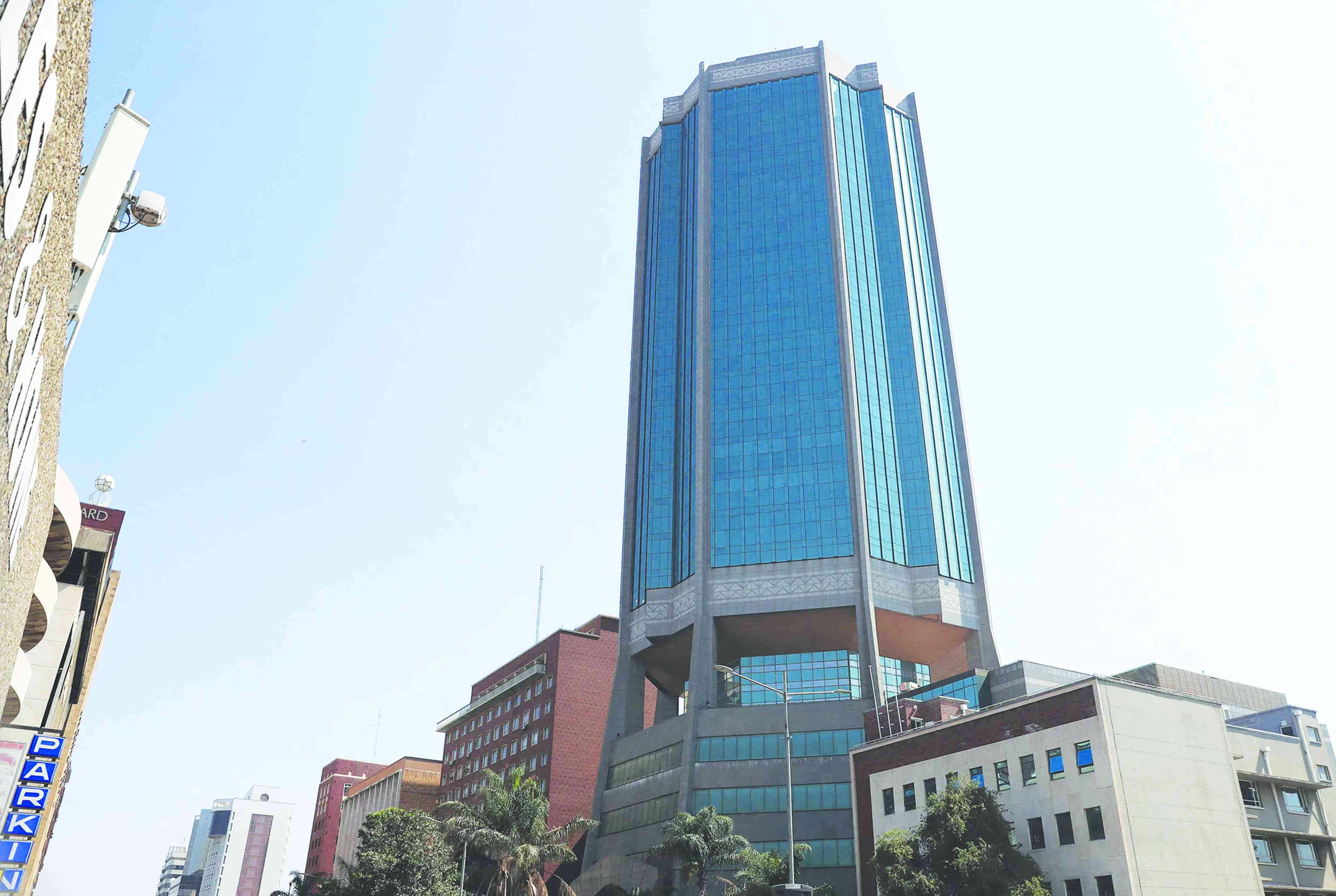
It was with much excitement that l, like many other residents of the great city of Bulawayo, received the news of the opening of Egodini. However, this was not without much apprehension as my letter will show.
The fall of Egodini was detrimental for many citizens, whose livelihoods depended on the overcrowded rank. At its peak, the rank had accommodated close to 2 000 informal traders, who sold tomatoes, herbs and clothes and even insults except that, these were for free.
Egodini was where any woman or girl could get stripped off her clothes, beaten, insulted, touched or all of the aforementioned for wearing anything the touts seemed too short or tight.
This is why for a lot of us females, the closure of Egodini in March of 2016 was a sigh of relief. It meant an end to public sexual harassment as we knew it. But we were wrong. Public sexual harassment did not end, it was just decentralised.
Bulawayo is now littered with illegal taxi and market ranks and it is in these places that women and girls are sexually harassed by touts and other male informal traders.
As a young woman, the greatest battles that l have had to fight have been in public spaces.
If it was not with the almost always intoxicated conductors or window operators as they are affectionately known by their fans all around Zimbabwe, it was with the men seated on street corners and pavements with loads of opinions over how l should dress, walk or smile.
While my experiences speak to a larger problem confronting society, sexual harassment, according to a study conducted in 2015, found that a majority of sexual harassment happens in public spaces, along public roads, in market places and ranks.
- Take Money clinches sponsorship deal
- Proposal to rehabilitate silted Umzingwane Dam
- Egodini developer changes tune
- Proposal to rehabilitate silted Umzingwane Dam
Keep Reading
This, l am afraid your Worship, will likely be the reality soon for many females in Bulawayo, who by circumstances to do with geography and or poverty are forced to board transport to their homes at Egodini.
Sexual harassment has the impact of destroying the confidence of the person it has been done to. It has also led to stress, anxiety and at times suicidal tendencies amongst other serious effects. I was amongst the privileged to attend the anti-sexual harassment launch by the Zimbabwe Young Feminist Movement and the Zimbabwe Chamber of Informal Economy Associations, where you delivered the keynote address.
There you also noted with concern the devastating scourge and effects of sexual harassment, particularly prevalent in the public space that is largely dominated by the informal economy.
While it is particularly important for a male leader to have such an in-depth understanding of issues that mainly affect females, I urge Your Worship and your office to move further and address the problem that you have done well in identifying. Egodini has the potential of becoming an economic hub for the city butmay this not be at the expense of the safety and freedom of the females of the same city.
Egodini, as a beacon of our hope and strength as a city, has the potential of becoming an epitome of what the whole city and nation can aspire to, a sexual harassment free area.
I understand this will not be an easy task, but it will not be the first time that you have tackled such complex and immense challenges and have been successful thus far. l am extremely hopeful that this will not be any different.
As it will be redundant for me to just identify a problem and leave it at that, l also offer myself in any way possible in assisting you to tackle this challenge.
- Kombora is a journalist who specialises in women leadership and politics in Africa. She is also a Friedrich Naumann Foundation Womentorship fellow.











